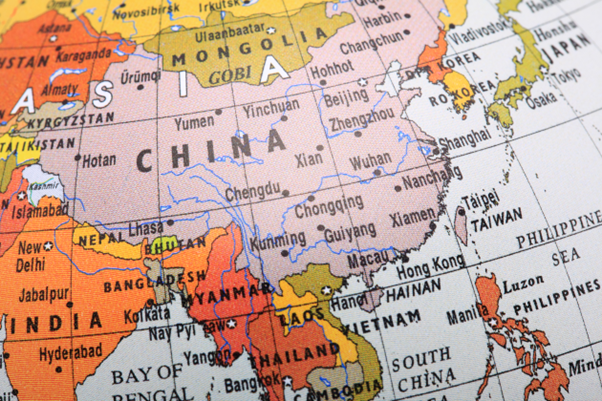The United States' sweeping new tariff regime risks slowing both U.S. and global growth, shrinking export markets and potentially prompting a Federal Reserve response, the Asian Development Bank's chief economist said.
Chief Economist Albert Park said that unlike previous U.S.-China trade tensions which saw manufacturing shift to Southeast Asia, this round of tariffs was broad enough to slow trade across the region.
The fallout could dampen U.S. growth and prompt the Federal Reserve to lower policy rates, he said.
"The magnitude and breadth of the new U.S. tariffs may slow growth in the U.S. and globally so significantly that it will shrink total East Asian export opportunities rather than simply shifting production within it," Park said.
The U.S. tariffs impose substantial levies on trading partners, including Southeast Asian nations, with Vietnam, Laos and Cambodia facing some of the highest rates.
China, already facing economic headwinds, will have a 34% tariff, on top of the 20% Trump imposed earlier this year, bringing total levies to 54%.
The escalation in tariffs will have "negative repercussions for China's growth outlook," Park said.
China has relied on exports for its post-pandemic recovery and is "likely to double down on their recent policy shift to prioritise domestic consumption while increasing trade with partners other than the U.S," Park said.
China has kept its economic target for this year at "around 5%." It has urged the United States to cancel the new tariffs and vowed countermeasures to safeguard its own interests.
Southeast Asian economies face their own hefty tariff barriers, limiting their ability to absorb diverted trade, reducing growth opportunities, Park said.
Park also warned that capital outflows from Southeast Asia were a "distinct possibility" as foreign investors typically retreat from riskier markets, and the tariffs have added a new layer of geopolitical and economic uncertainty.
(Reporting by Karen Lema; Editing by John Mair)
Copyright (2025) Thomson Reuters.
This article was from Reuters and was legally licensed through the DiveMarketplace by Industry Dive. Please direct all licensing questions to legal@industrydive.com.

